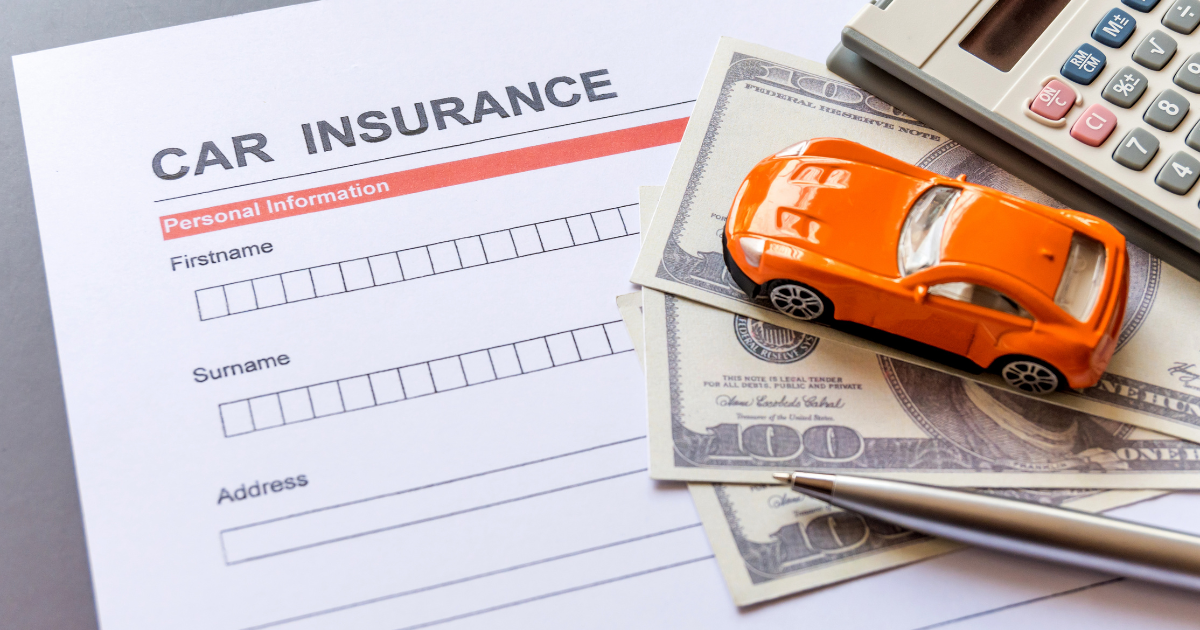When unexpected events like car accidents occur, having insurance coverage is essential for financial protection. However, the frustration intensifies when a car insurance claim is denied. In this comprehensive guide, we’ll delve into the reasons behind claim denials, the appeal process, and valuable tips to ensure a smoother filing experience.
Reasons Why Car Insurance Claims Are Denied

1. Coverage Definition Mismatch:
- Ensure the incident aligns with the policy’s definition of a covered loss.
- Excluded purposes, such as using the vehicle for ride-hailing, may lead to denials.
2. Contract Violation:
- Violating outlined procedures, like repairing the car before filing a claim, can result in denial.
3. Fraud Suspicions:
- Claims may be denied if the insurer suspects fraud.
- Providing evidence to support the accident’s occurrence becomes crucial in such cases.
4. Excluded Driver:
- Claims may be denied if an excluded driver, previously excluded from the policy, was driving.
5. Policy Limits vs. Claim Amount:
- Denials may occur when claim amounts exceed the coverage limits specified in the policy.
How to Appeal a Car Insurance Claim Decision?

1. Submit a Formal Appeal:
- Draft a letter stating the grounds for the appeal and include supporting evidence.
- Promptly submit the appeal to the insurer.
2. Document Supporting Evidence:
- Keep all relevant documents, including accident photos, police reports, and medical records, organized.
3. Consider Legal Counsel:
- If needed, seek legal advice or representation for a stronger appeal.
Tips for Filing a Car Insurance Claim Successfully
1. Promptly Contact Your Insurer:
- Report the incident to your insurer as soon as possible.
- Utilize available channels, such as apps, for quick notifications.
2. File a Police Report:
- Properly document accidents or vandalism incidents with a police report.
- Collect eyewitness statements to strengthen your case.
3. Compile Supporting Documentation:
- Gather all pertinent documents, including accident photos, repair records, and pre-incident car photos.
4. Clarify Expectations:
- Communicate with your assigned representative to understand the claims process timeline and coverage details.
Types of Car Insurance Claims and Denial Trends
First-Party Claims vs. Third-Party Claims:
First-Party Claims:
- Claims against your own policy, relevant for no-fault insurance, personal injury protection, or accidents with an uninsured driver.
Third-Party Claims:
- Claims against another driver’s insurance, typically filed after an accident.
Common Reasons for Claim Denial:
- Denials may stem from lack of coverage, policy misinformation, missed payments, or disputes over liability.
Understanding Your Options After a Denied Claim
Denied First-Party Claim:
- Options include submitting additional evidence, filing an appeal, and seeking legal assistance if necessary.
Denied Third-Party Claim:
- Similar options apply, but insurers may be less cooperative. Legal action may be necessary for fair settlement.
Bad Faith Car Insurance Claim Denial:
- In rare cases, insurers may deny valid claims knowingly. This could lead to a bad faith insurance denial, warranting legal action.
Common Reasons for Insurance Claim Denials Explained
1. Policy Limit or Insufficient Coverage:
- Understanding policy details, including coverage limits, is crucial to avoid claim denial.
2. Missed Payments:
- Timely payment of premiums is essential to maintain coverage and prevent claim denials.
3. Misinformation or Non-disclosure:
- Honest disclosure of information during the application process is vital to prevent denial due to misinformation.
4. Business Use of Vehicle:
- Personal policies may not cover business use; consult with insurers to ensure proper coverage.
5. Driving with a Suspended License:
- Driving illegally, especially with a suspended license, gives insurers grounds to deny claims.
6. Liability Disputes:
- Resolving disputes over fault is crucial for claim approval.
7. Delayed Notification:
- Swiftly notifying insurers after an accident is essential to prevent claim denial.
8. Missing Documentation:
- Timely submission of all required documents ensures a smoother claims process.
9. Driver’s Coverage Exclusion:
- Policies may deny claims if the driver involved is not covered or has a poor driving record.
10. Lack of Specific Coverage:
- Certain coverages, like collision coverage, may be optional and require additional purchase.
Read Also:
FAQs:
Can I appeal a denied car insurance claim?
Yes, you can appeal a denied claim by submitting a formal letter along with supporting evidence to your insurer.
What are common reasons for car insurance claim denials?
Common reasons include coverage definition mismatches, contract violations, fraud suspicions, excluded drivers, policy limit breaches, and more.
How can I prevent car insurance claim denials?
Ensure timely premium payments, provide accurate information, promptly notify insurers after incidents, and maintain open communication throughout the claims process.
Are first-party claims more likely to be approved than third-party claims?
Generally, first-party claims are less likely to be denied as there is a binding contract between the policyholder and the insurer.
How can I prove bad faith in a car insurance claim denial?
Proving bad faith may require demonstrating unreasonable refusal to provide a legitimate benefit, failure to investigate properly, or intentional deviation from state regulations.
Conclusion:
Experiencing a denied car insurance claim is undoubtedly challenging, but understanding the reasons and knowing how to appeal can make a significant difference. By adhering to proper filing procedures, maintaining transparency with insurers, and seeking legal assistance when needed, policyholders can enhance their chances of successful claims. Remember, thorough knowledge of your policy and open communication with your insurer are key to ensuring a smoother claims experience.



